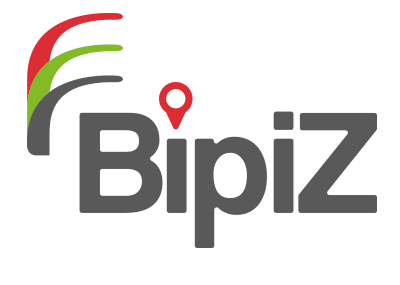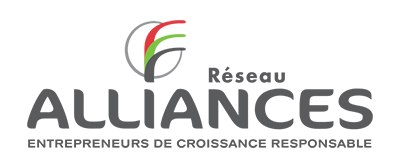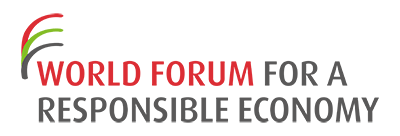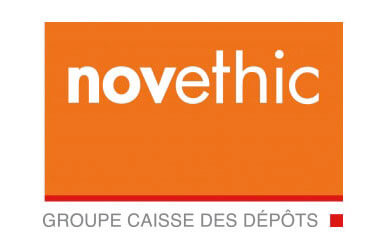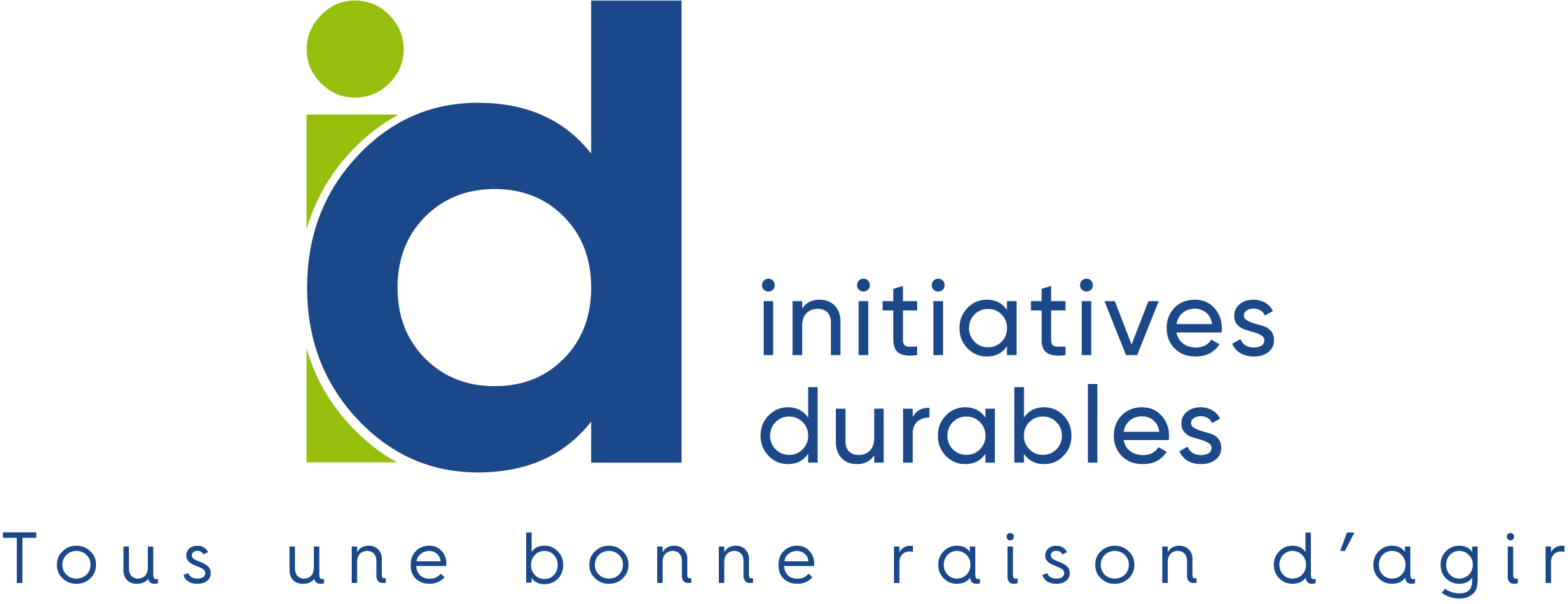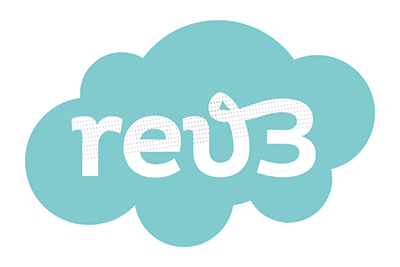COM_NEOBESTPRACTICES_ITEM_INNOVATION_REV3
EDF distributes kits to assist needy households behind on their utility payments to durably reduce their energy consumption
6. Clients and consumers
Access to basic services


Transmitter
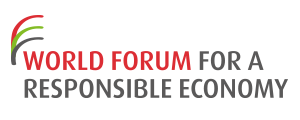

Context
Nearly 20% of the French population, or some 5.1 million households, cannot take full advantage of the nation's available energy resources. To help ensure that energy bills do not exacerbate their social vulnerability, EDF developed a solidarity policy extending beyond the regulatory framework (as specifically laid out in the Brottes Law, known as the arrears relief decree). In partnership with all actors involved in the field and public authorities' efforts, EDF has undertaken a prevention campaign out of the need to find means for durably reducing energy bills: the distribution of "Energy Demand Control" kits provides a relevant example.
Objectives
- Seek out the most vulnerable customers in order to assist them in durably reducing their energy bills.
- Ensure that these customers are able to pay for the energy they really need and help them optimize use of these energy resources.
APPROACH
The underprivileged population often has the hardest time managing their energy consumption patterns. For this reason, EDF has introduced its Solidarity-based Energy Kit. This tool is composed of:
- high-efficiency equipment (e.g. low-consumption lamps, shower head regulators, thermometers, shutoff-standby adapters) to help reduce energy consumption;
- a personalized accompanying guide on energy demand control, combined with tips on eco-friendly reflexes.
CONTRIBUTION TO COMPANY PERFORMANCE
- Preventing unpaid bills,
- Locally-rooted program,
- Partnerships with local authorities.
Benefits
- 300 families received guidance and assistance in 2014,
- Each family saved between 60 and 170 Euros annually on their energy bills
- Contribution to the development of eco-citizenship.
- Workforce
- 159 112 salariés (2015)
- Turnover
- 75 milliards d’euros (2015)
- Country
- France
